What Is Myopia?
It is a vision impairment that results in trouble with or an inability to make out items or focal points that are far away. People who have myopia can usually see very well with near vision but have trouble seeing distant items, such as the whiteboard in the classroom, or even objects underfoot. Our board-certified team makes diagnoses of visual impairments, like nearsightedness, and gives appropriate solutions that work for your child’s daily activities. Get in touch with Kirk Eye Center to receive a vision exam if your child is experiencing difficulty seeing far-away items.
What Are the Symptoms of Myopia?
Generally, the first noticeable sign of myopia is impaired vision that occurs when trying to focus on objects from a distance. Often, patients may also deal with other issues that stem from habitual squinting or eye fatigue. Eye strain, also known as eye fatigue or asthenopia, will often cause aching or dry eyes. Asthenopia could also result in light sensitivity, as well as discomfort in the neck and shoulder muscles. Occasionally, patients who already have eyeglasses or contacts for nearsightedness begin to have these symptoms. This most likely means their lens prescription needs to be updated.

What Are the Causes of Nearsightedness?
Experts have told us that nearsightedness can be either inherited or caused by certain activities. The unclear vision that comes along with nearsightedness is due to the shape of the eyeball in general or the cornea. When the eyeball is a little elongated front to back, or if the cornea is too curved, any light entering the eye won’t center perfectly onto the retina. Most of the time, nearsightedness begins to develop in the early school years, especially in students who have a family history of myopia. A few common practices that are associated with myopia are concentrated reading and writing for prolonged periods of time (like in school or professional contexts), not being outside, and more recently, extended periods using technology devices. Myopia can also be a result of spiking blood sugar levels in those with diabetes.
How Is Myopia Diagnosed?
Checking for myopia is usually done with a standard vision acuity test. Many people are acquainted with the acuity test, which basically requires reading letters lined up in rows on an eye chart. Other familiar evaluations that may be done use a phoropter (a view-finder type device) and a retinoscope (a pen light) to test how your retinas work with light. All of these assessments are brief and simple and are absolutely noninvasive so people coming in for acuity tests can feel comfortable. After your tests are concluded, your doctor can discuss your child’s treatment options.
Frequently Asked Questions
How Is Myopia Treated?
Most children diagnosed with myopia have some effective treatment options available to suit their prescription and typical day-to-day activities. Our team most often prescribes eyeglasses or contact lenses (for older children and teens) to sharpen vision. Often, patients decide to go with both glasses and contacts to accommodate their routines.
Get Clear Vision Today
Children who deal with blurry vision may often experience other unwanted issues, like migraines and aching eyes. Myopia is an extremely common refractive error that is fully treatable for many patients who develop it. Wearing corrective lenses or having refractive laser surgery could dramatically improve your child’s day-to-day life. Call Kirk Eye Center to find out more and arrange your exam.

